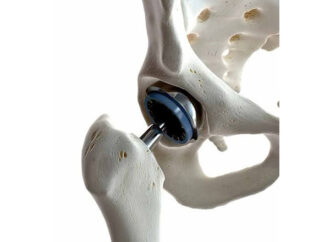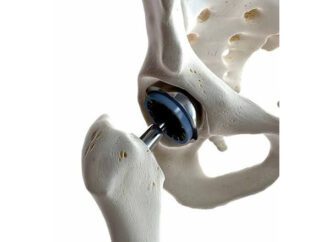In recent years, the food industry has witnessed a transformative shift, largely driven by the innovative efforts of FoodTech startups. These startups are leveraging technology to revolutionize every aspect of the food chain, from production to delivery and personalization. As we look towards the future, it’s clear that the way we grow, consume, and think
In recent years, the food industry has witnessed a transformative shift, largely driven by the innovative efforts of FoodTech startups. These startups are leveraging technology to revolutionize every aspect of the food chain, from production to delivery and personalization. As we look towards the future, it’s clear that the way we grow, consume, and think about food is changing dramatically.
Sustainable Production and Alternative Proteins
One of the most significant areas of focus for FoodTech startups is sustainable production. With the global population expected to reach 9.7 billion by 2050, the demand for food will increase, putting pressure on our already strained agricultural systems. Startups like Beyond Meat and Impossible Foods are leading the charge in developing plant-based meat alternatives that are not only environmentally friendly but also cater to the growing number of consumers seeking healthier and more ethical options.
Moreover, the advent of cellular agriculture has given rise to companies like Memphis Meats and Mosa Meat, which are pioneering lab-grown meat. This innovative approach involves cultivating meat from animal cells, eliminating the need for traditional livestock farming and significantly reducing the environmental impact of meat production.
Tech-Driven Farming and Vertical Agriculture
The integration of technology into farming practices is another area where FoodTech startups are making a mark. Companies like AeroFarms and Plenty are utilizing vertical farming techniques, where crops are grown in stacked layers indoors. This method uses significantly less water and land compared to conventional farming and allows for year-round production, irrespective of weather conditions.
Furthermore, precision agriculture startups such as CropX and FarmLogs are using data analytics, IoT sensors, and AI to optimize water usage, soil health, and crop yields. This not only enhances the efficiency of farming operations but also contributes to more sustainable agricultural practices.
Food Delivery and Personalization
The rise of FoodTech has also transformed the food delivery landscape. Startups like DoorDash, Deliveroo, and Zomato have capitalized on the convenience economy, offering consumers the ability to order food from their favorite restaurants with just a few clicks. The ongoing pandemic has further accelerated the growth of this sector, making online food delivery an essential service for many.
Personalization is another trend gaining traction in the FoodTech industry. Companies like Habit and Nutrino are leveraging AI and machine learning to provide personalized nutrition advice based on individual dietary needs and preferences. This approach not only enhances the consumer experience but also promotes healthier eating habits.
Challenges and Opportunities
Despite the promising advancements, FoodTech startups face several challenges. Regulatory hurdles, consumer acceptance of alternative proteins, and the high costs associated with implementing new technologies are some of the obstacles that need to be addressed. However, the potential benefits of FoodTech in terms of sustainability, health, and convenience present significant opportunities for growth and innovation.
As consumers become more conscious of their dietary choices and the environmental impact of their food, the demand for FoodTech solutions will continue to rise. This presents a fertile ground for startups to innovate and disrupt the traditional food industry.
Conclusion
The future of food is being shaped by the pioneering efforts of FoodTech startups. By harnessing technology, these startups are not only transforming how we produce and consume food but also addressing some of the most pressing challenges facing our global food system. As we move forward, the continued collaboration between technology, entrepreneurship, and sustainability will be crucial in shaping a healthier, more sustainable, and more efficient food industry for generations to come.
















